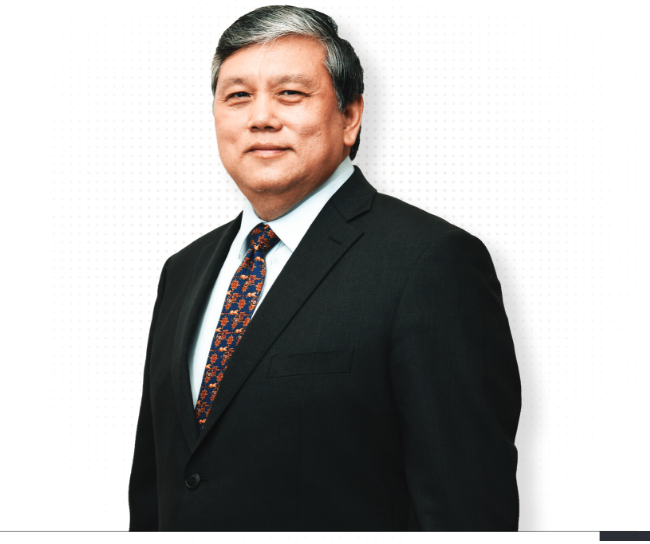After three years of the Covid-19 pandemic, Singapore exited its acute phase and entered an endemic phase in February 2023. What this meant for all of us in practical and simple terms is that we could now finally catch up with old friends, attend public events and travel overseas again freely.
Even though life returned to normal or near normal, things are not completely the same. For instance, our workplace and daily work routine are not the same as before. Working out of necessity from home during the pandemic demonstrated that in fact it was actually not only doable and productive but also personally valued by staff. And so, hybrid flexible work arrangements have become the new norm.
In the case of NParks, one of the positive things that grew out of the pandemic is the substantially increased number of visitors to our green spaces. To cope with the challenges of living largely isolated and physically restrictive lives during the pandemic years, Singaporeans sought and found relief in our green spaces.
While the pandemic may have up-ended many things, it taught many of us to appreciate first-hand the therapeutic effects of greenery in boosting our mental well-being and resilience. It has amplified and reinforced the Singaporean’s love for Nature. Our attachment to and value for Nature is growing strongly to become a staple part of our society’s culture. This is key to our truly becoming a City in Nature and what it means in terms of a genuine and distinctive Singaporean way of life.
NParks has invested much over many years and will continue to invest in deepening its research and application of science and technology.
Today our officers oversee multiple ongoing research, operations technology and digitalisation projects under our Science and Technology workstreams. NParks’ Centre for Wildlife Forensics, for instance, is now a CITES-listed lab, making it one of the few facilities in Asia to achieve this distinction. In species recovery efforts, we have made headway with the first captive breeding of the Swamp Forest Crab (Parathelphusa reticulata), an endemic species that is highly secretive in the wild. Its successful ex-situ breeding has helped researchers better understand its mating characteristics and resulted in the release of its second generation back to Nee Soon Swamp Forest.
Scholarship and research constantly help inform the way we do and improve on our work. For instance, our collaboration with the National University of Singapore and the Singapore Institute for Clinical Sciences have led to findings suggesting that urban green spaces which offer views of far-away scenery and those that adopt more naturalistic planting amongst other design elements, add the most value to a visitor’s well-being. Such features have now been incorporated into new green spaces such as the Therapeutic Garden at Bedok Reservoir Park and Nature Playgarden at Pasir Ris Park.
To support a balanced and informed approach to urban planning for development and protection of our natural heritage at the same time, we completed the island-wide Ecological Profiling Exercises for terrestrial and marine environments. This has provided crucial insights into long-term ecological connectivity to ensure the persistence of biodiversity.
Another key research track is the Long-Term Socio-Ecological Research Programme, which emphasises the long-term monitoring of socio-ecological impacts in our City in Nature efforts. The findings will help shape future conservation work, use of recreational spaces and programmes.
This year, NParks is commemorating 60 years of Singapore’s greening journey. We are especially happy to be able to resume public events such as tree planting, NParks Concert Series in the Park: Rockestra, as well as Gardeners’ and Pets’ Day Out activities. We have also opened more green spaces for visitors to explore, such as Rifle Range Nature Park, along with the completion of the Tyersall-Gallop Core of the Singapore Botanic Gardens and 21 km of seamless connectivity along the Rail Corridor.
The enthusiastic public support received for our various programmes and our new green spaces is gratifying. Noteworthy is the OneMillionTrees movement which saw over 575,000 trees planted by some 75,000 members of public, schools, agencies, and corporate entities, since its launch in 2020. This in fact puts us ahead of schedule to reach our goal of planting a million more trees by 2027, three years ahead of the original 2030 target.
We remain ever grateful for the support of Singaporeans for the work NParks does. We look forward with confidence that we will work and grow together strongly to achieve the vision of a Singapore that is truly a City in Nature.
Mr Benny Lim
Chairman, National Parks Board



